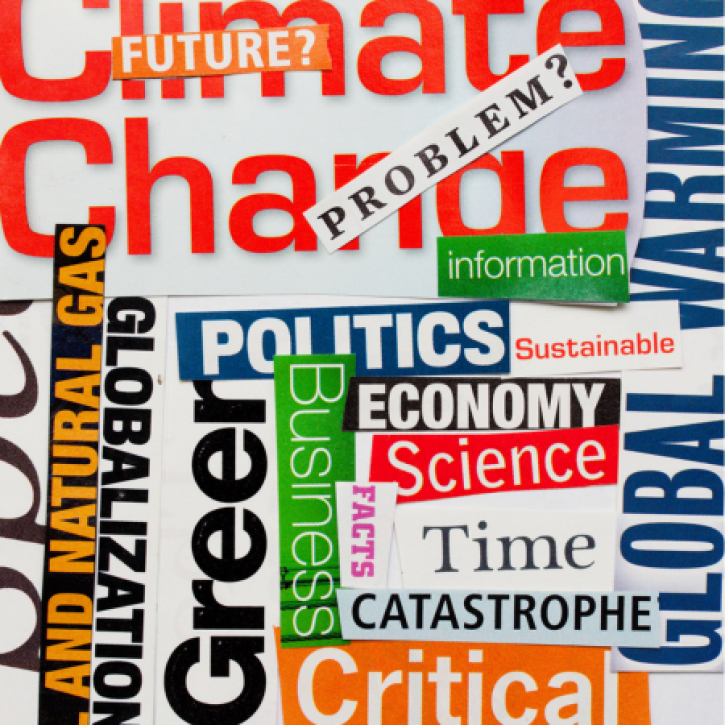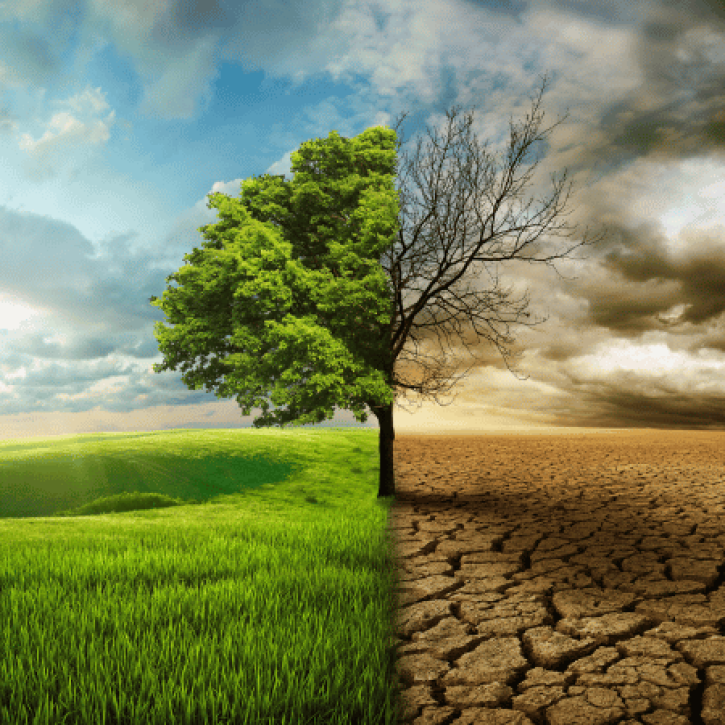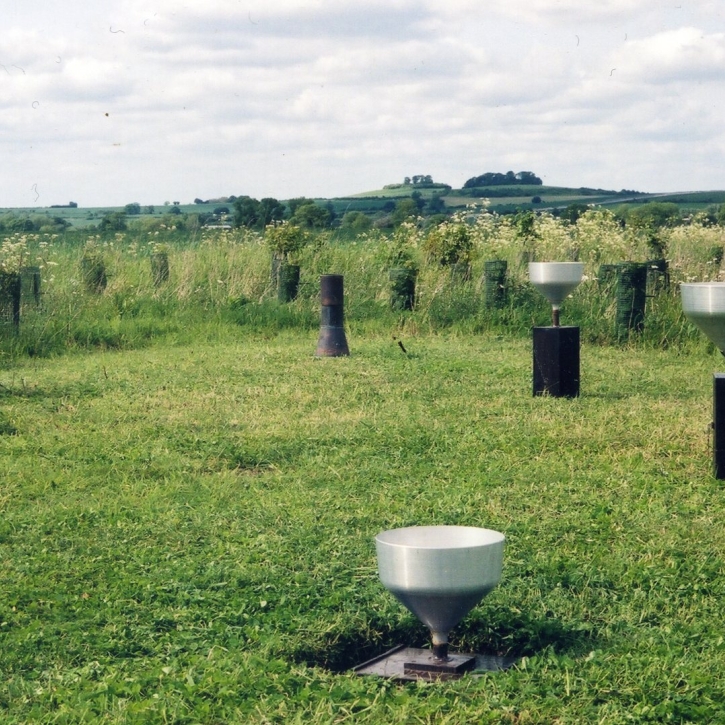

Coupled Water, Energy, and Carbon Budgets
LOCATION
University of Reading
Whiteknights, Reading RG6 6AH
Water, energy, and carbon are key components of the Earth system and play a crucial role in its natural climate variability. Climate and earth system models aim to simulate changes to these cycles, but accurate regional fluxes and transports are necessary to provide strong constraints for these models. However, quantifying regional water and energy cycling rates faces some key challenges. Observations of flux and storage terms tend to have large uncertainties and are inconsistent with budget considerations, while model estimates usually show mismatches to observations despite being internally consistent.
Recent decades have seen significant progress in our measurement capabilities, resulting in the availability of new satellite data. For instance, the Gravity Recovery and Climate Experiment (GRACE) provides estimates of terrestrial water storage anomalies by measuring changes in the Earth's gravity field. The water and energy cycles are coupled through a shared latent heating term, allowing observations from both cycles to be used to constrain each other. The NASA Energy and Water cycle Study (NEWS) was the first to demonstrate this. Additionally, water, sunlight and temperature are primary factors in determining photosynthesis rates and biomass growth, taking up CO2 from the Earth’s atmosphere. Biomass growth and CO2 uptake can also be monitored from satellite measurements, these data can provide additional constraints to improve the accuracy of regional water, energy, and carbon cycling estimates.
Speaker
Sammy Petch
Samantha is a second year PhD student at the University of Reading. She obtained her undergraduate degree in mathematics from the university of Exeter before pursuing a master’s degree in meteorology and climate with management at Reading. Samantha’s research explores water, energy and carbon fluxes and the relationships between them. In a recent accomplishment, she developed a new optimisation model for balancing coupled water and energy budgets, which has now been accepted for publication. Her upcoming work will concentrate on the carbon cycle, and to facilitate this research, she will be visiting the University of Colorado Mountain Research Station to attend the 2023 Fluxcourse in June. This opportunity will allow her to learn about measuring carbon fluxes and gain practical experience working with eddy covariance measurements.
Registration
REGISTRATION IS NOW CLOSED
Recording
 The Royal Meteorological Society has a number of local centres across the UK, where meetings are held throughout the year. The South East Local Centre are currently hosting monthly meetings which can be attended in person or virtually. For further information on the local centre, upcoming events or to be added to the mailing list, please contact southeast@rmets.org.
The Royal Meteorological Society has a number of local centres across the UK, where meetings are held throughout the year. The South East Local Centre are currently hosting monthly meetings which can be attended in person or virtually. For further information on the local centre, upcoming events or to be added to the mailing list, please contact southeast@rmets.org.
Water, energy, and carbon are key components of the Earth system and play a crucial role in its natural climate variability. Climate and earth system models aim to simulate changes to these cycles, but accurate regional fluxes and transports are necessary to provide strong constraints for these models. However, quantifying regional water and energy cycling rates faces some key challenges. Observations of flux and storage terms tend to have large uncertainties and are inconsistent with budget considerations, while model estimates usually show mismatches to observations despite being internally consistent.
Recent decades have seen significant progress in our measurement capabilities, resulting in the availability of new satellite data. For instance, the Gravity Recovery and Climate Experiment (GRACE) provides estimates of terrestrial water storage anomalies by measuring changes in the Earth's gravity field. The water and energy cycles are coupled through a shared latent heating term, allowing observations from both cycles to be used to constrain each other. The NASA Energy and Water cycle Study (NEWS) was the first to demonstrate this. Additionally, water, sunlight and temperature are primary factors in determining photosynthesis rates and biomass growth, taking up CO2 from the Earth’s atmosphere. Biomass growth and CO2 uptake can also be monitored from satellite measurements, these data can provide additional constraints to improve the accuracy of regional water, energy, and carbon cycling estimates.
Speaker
Sammy Petch
Samantha is a second year PhD student at the University of Reading. She obtained her undergraduate degree in mathematics from the university of Exeter before pursuing a master’s degree in meteorology and climate with management at Reading. Samantha’s research explores water, energy and carbon fluxes and the relationships between them. In a recent accomplishment, she developed a new optimisation model for balancing coupled water and energy budgets, which has now been accepted for publication. Her upcoming work will concentrate on the carbon cycle, and to facilitate this research, she will be visiting the University of Colorado Mountain Research Station to attend the 2023 Fluxcourse in June. This opportunity will allow her to learn about measuring carbon fluxes and gain practical experience working with eddy covariance measurements.
Registration
REGISTRATION IS NOW CLOSED
Recording
 The Royal Meteorological Society has a number of local centres across the UK, where meetings are held throughout the year. The South East Local Centre are currently hosting monthly meetings which can be attended in person or virtually. For further information on the local centre, upcoming events or to be added to the mailing list, please contact southeast@rmets.org.
The Royal Meteorological Society has a number of local centres across the UK, where meetings are held throughout the year. The South East Local Centre are currently hosting monthly meetings which can be attended in person or virtually. For further information on the local centre, upcoming events or to be added to the mailing list, please contact southeast@rmets.org.





